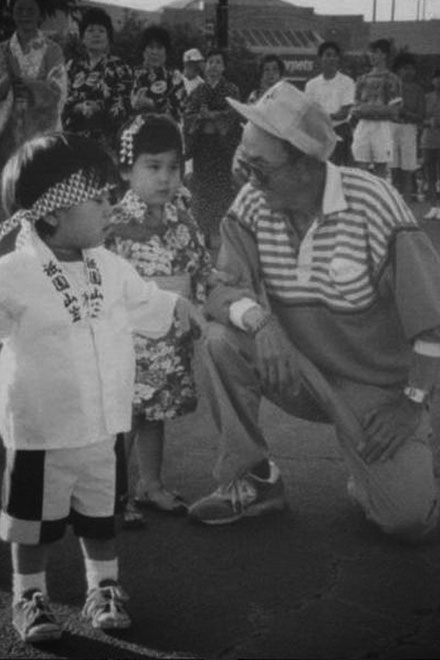
By Kendall Kosai
OCA National Center
Today, we remember the 75th anniversary of the signing of Executive Order 9066.
With one broad brush, the US government implicated over 120,000 individuals of Japanese ancestry, including American citizens, and forced the entire population on the West Coast into incarceration camps without due process or proof of espionage. Today’s Day of Remembrance is particularly meaningful to me because, as a result of this Executive Order, my family was forced from their homes, farms, and livelihoods just because of their ethnic background.
After the order came down, in a desperate attempt to prove their loyalty, my family burned anything that indicated their heritage: dolls, photo albums, books, tapestry, clothes; generations of cultural history were destroyed instantly in a fire made in the backyard. Regardless of these efforts to prove their loyalty, they were ordered to the desolate Heart Mountain incarceration camp in Wyoming, taking only what they could carry, hoping that their cooperation would prove their belief in this country. Once there, thousands of individuals, again, attempted to prove their loyalty by volunteering for the military, going on to becoming the most decorated unit for its size and length of service in American warfare. But once again, they were handed a questionnaire that served to question their loyalty.
After the war, they returned to find their homes looted, their fields devastated, and an animosity that still cuts deep to this day. It was only several decades later that the Commission on Wartime Relocation and Internment of Civilians found that the Executive Order was not justified by military necessity, but rather was the result of race prejudice, war hysteria, and a failure of political leadership. The bipartisan Commission went on to assert that:
“It runs counter to a basic premise on which the American nation of immigrants is built-that loyalty to the United States is a matter of individual choice and not determined by ties to an ancestral country.”
An immigrant’s loyalty is not proven by a questionnaire or their ethnic heritage; it goes beyond the color of one’s skin or religious beliefs. It is often shown through their belief in the American dream, love for their community, and undying sacrifices for each other.
OCA plays a role in our world where we embrace diversity, empower the disenfranchised, and lift each other up to make our voices heard. Our work is critical in standing shoulder to shoulder with others within and outside our community to ensure that we learn from the past and provide a voice to the marginalized. We stand on the principals of ensuring the civil rights of our diverse communities, where loyalty is never questioned because of where we come from, and owning our responsibility to speak out on policies that challenge those rights.
As we stand together 75 years after one of the most egregious Executive Orders in history, OCA is ready to stand up to race prejudice when we see it, see clearly through the complications of war, and demand strong political leadership from those who represent us.
[Editor’s Note]
This was originally posted at OCA National Center’s website <https://ocanational.site-ym.com> on Feb. 18. Kendall Kosai is a former North American Post reporter and is now the director of development for OCA in Washington D.C.






